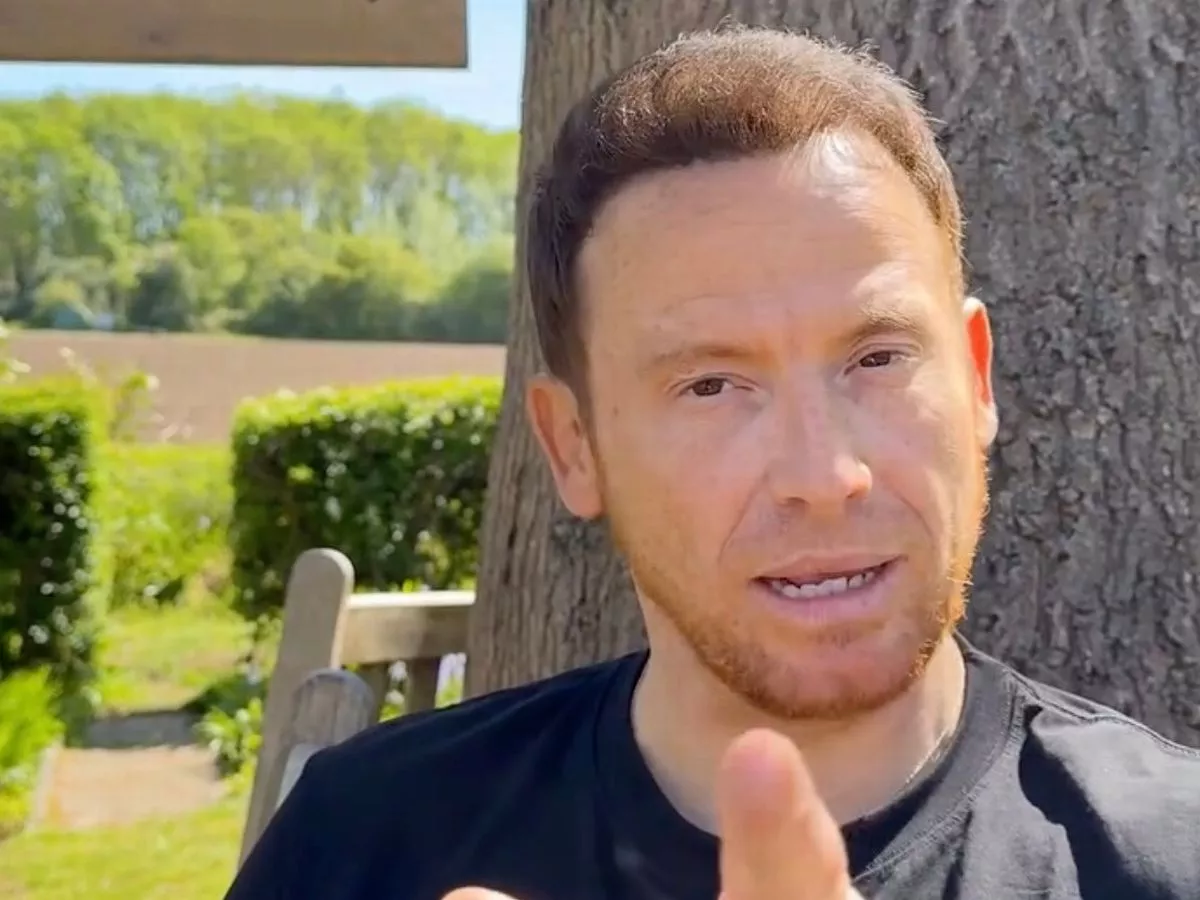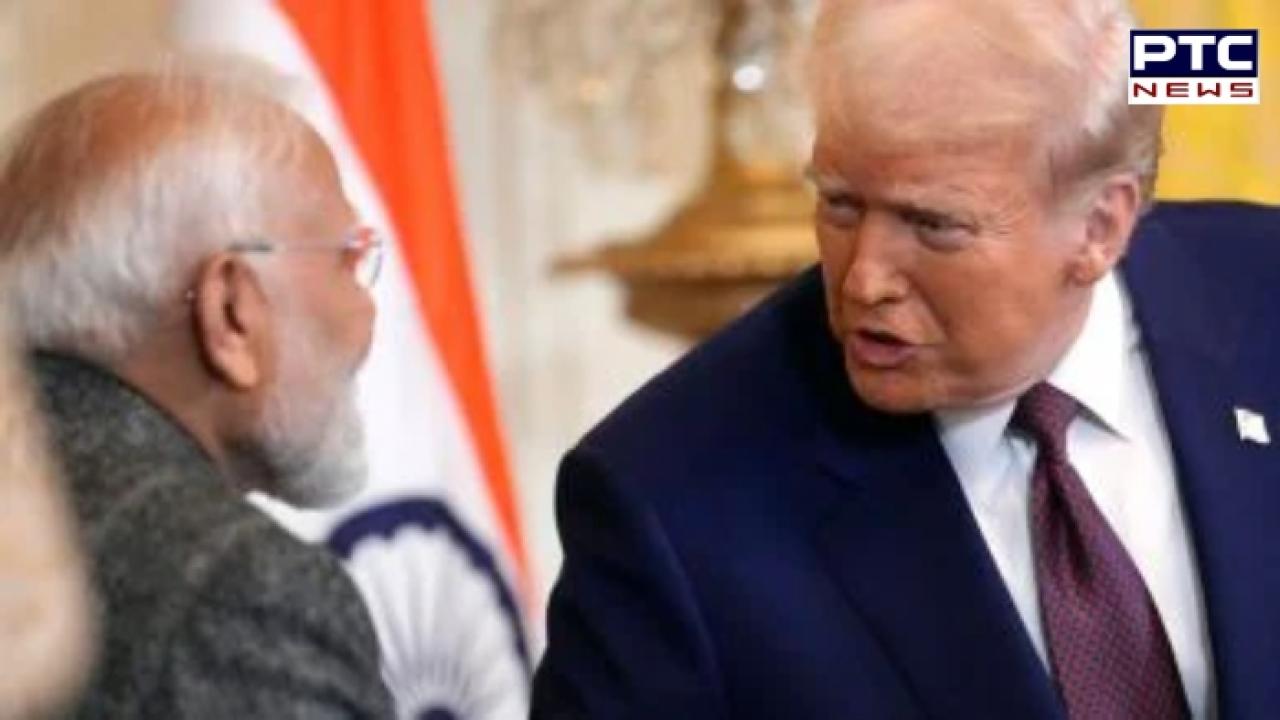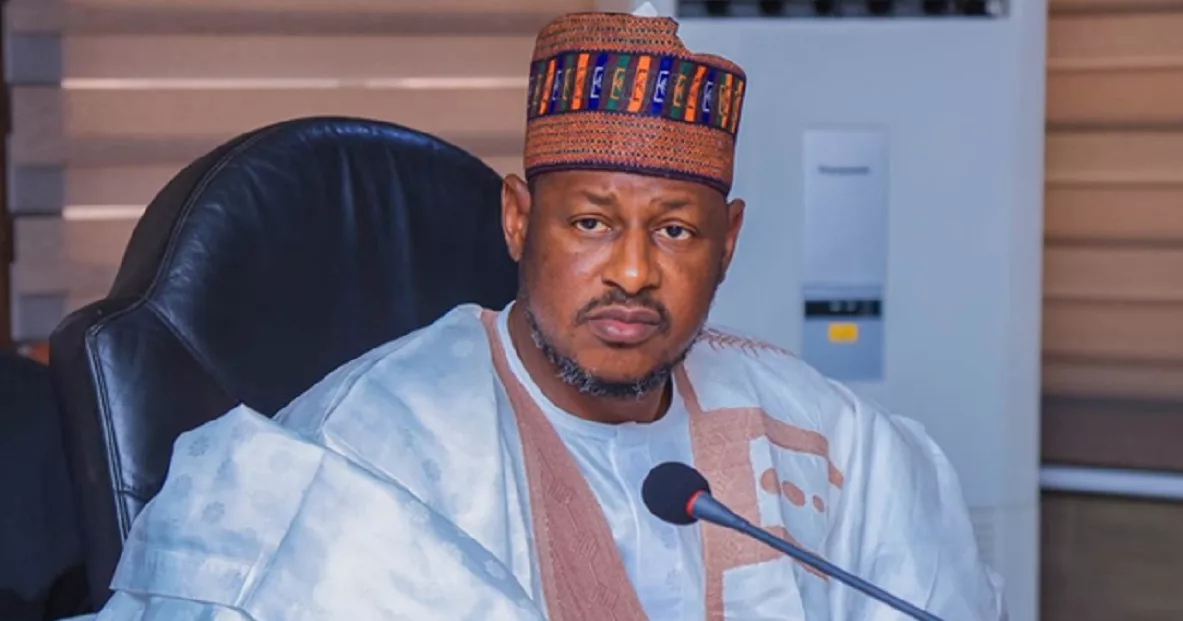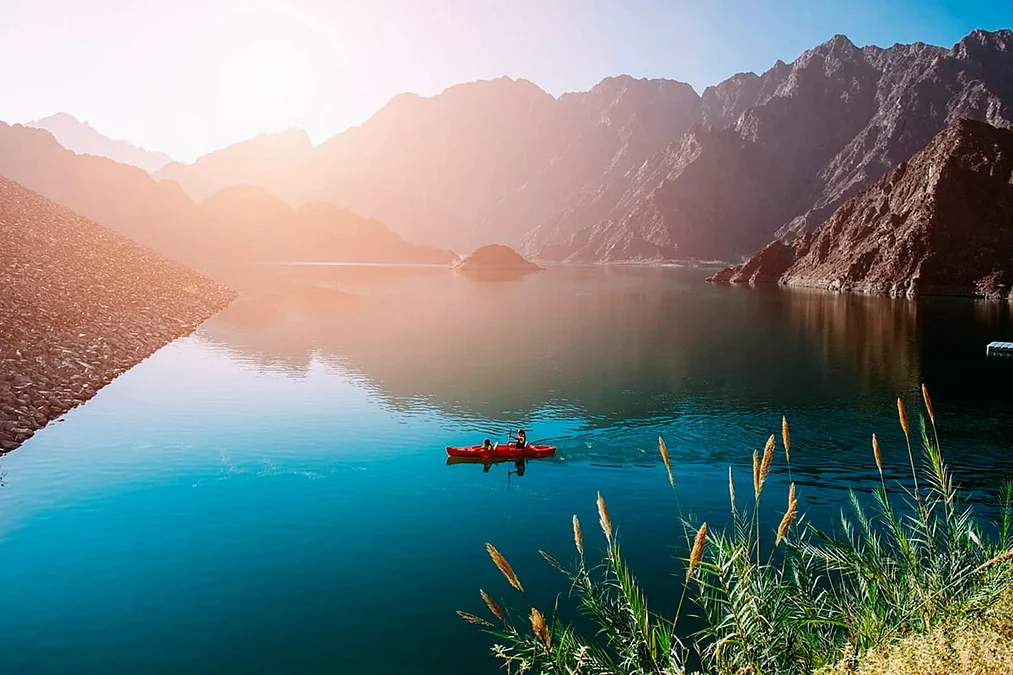By Kevin Knodell
Copyright staradvertiser
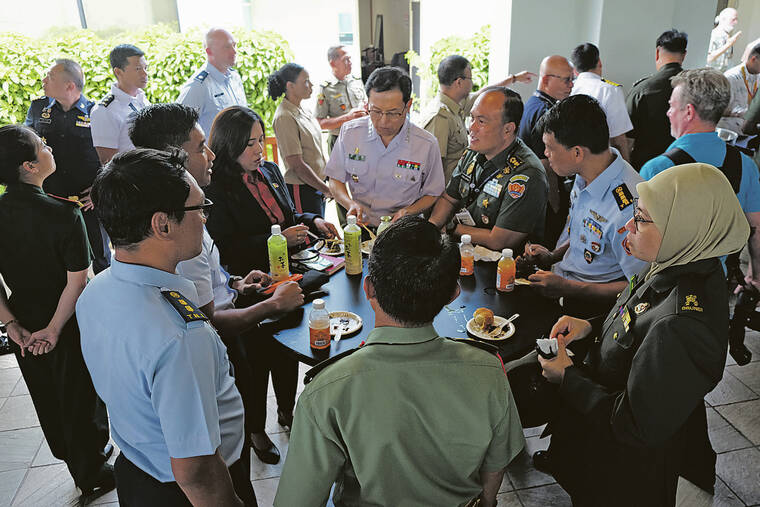
The Daniel K. Inouye Asia-
Pacific Center for Security Studies in Waikiki recently marked 30 years of bringing together military leaders, diplomats, law enforcement professionals and security researchers from across the Pacific to talk over issues of war, peace, disaster response and other challenges the region faces.
The military-run institute, which opened Sept. 4, 1995, was the brainchild of its late namesake and modeled after the George C. Marshall European Center for Security Studies in Germany. During a congressional tour of that facility, Sen. Daniel Inouye asked why there wasn’t a similar center focused on Asia and the Pacific. Along with Alaska Sen. Ted Stevens, the two pushed for its creation.
U.S. Indo-Pacific Command chief Adm. Samuel Paparo said that “Sen. Daniel Inouye championed the founding of this great center, this institution of learning, for the simple and a powerful idea that trust, understanding and friendship among nations is the surest path to peace — and this was a man who knew the cost of war and knew the power of peace.”
As Inouye appropriated funds for its establishment in Congress, there was debate about where such a center should be located, but Inouye was particularly adamant that the center should be in Hawaii.
The islands are the home of both Camp Smith — the nerve
center of all U.S. military operations in the region — as well as a popular meeting spot for diplomats and dignitaries from around the region to meet.
“(Inouye) understood the strategic significance that Hawaii plays and the critical role it does in bridging and preventing crisis and conflict,” said Suzanne Vares-Lum, the center’s current director.
The center began as a small office at Camp Smith with a handful of staff, but eventually moved into a former Army Reserve Center in Waikiki.
Today, the center frequently hosts international conferences, workshops and visits from top-level foreign officials including presidents and prime ministers. Its programs boast a global network of 16,000 alumni, including 56 chiefs of defense, 114 military
service chiefs, 276 ambassadors, 122 ministers or deputy ministers, and over 1,500 generals and admirals in military services around
Nigerian Army Col. Emmanuel Eze Osuagwu recently attended an international course at APCSS.
“Actually, initially I was skeptical when I was nominated for the course,” Osuagwu said. “I was like, ‘what does Nigeria have to do with what’s happening in the Pacific?’ When they called me from the
embassy, I was curious.”
But he said when he arrived
in Honolulu, he felt engaged
immediately.
“When I saw the structure of the lectures and the dynamics of the activities, both economic and security activities happening in the Pacific, I saw the connection,” Osu-agwu said. “I saw the economic connection. I saw the sea lines of connection through the Pacific Ocean to the Indian Ocean, to the Red Sea, to the Arctic Ocean, to the west coast of Nigeria where our oil reserve is.”
Nigeria, along with many other African countries, are rich in natural resources that have powered the economies of industrial nations in Europe and increasingly in Asia. Osuagwu said that he believes many Africans don’t “know the relevance of the Pacific to Africa and the interplay of security, power competition (and) the economic competition.”
U.S. officials have called the Indo-Pacific region the “region of consequence” as Asia has increasingly become the engine of the global economy, with goods constantly moving across the Pacific and Indian oceans. China, which has grown into both an economic and military superpower, has increasingly positioned itself as a leader in that growth, and has sought to extend its power and influence.
Beijing has made deep investments across the Pacific, Asia, Africa and lately Latin America through its Belt and Road Initiative, a series of Chinese government-funded development projects meant to support trade and business with Chinese companies globally.
“All of the different elements of national power are linked throughout the world,” Vares-Lum said. “I think the seas connect us. The Indian Ocean, Pacific Ocean, they’re connected also to other locations, and when we see the uptick of the common challenges that all countries have: (illegal fishing), human trafficking, drug trafficking, illicit activities that are going on on the high seas — all of those and natural disasters — those are the common threats that everyone sees.”
The U.S. military currently regards China as its “pacing threat,” and has been working to build its forces for a potential conflict in the Western Pacific. A major emphasis for American commanders is the defense of Taiwan, a self-ruled island democracy that Beijing regards as a rogue province.
APCSS’s alumni includes both Chinese and Taiwanese military officers and diplomats. In previous years, they had at times attended the same courses as classmates. But dialogues between the U.S. and Chinese military have grown increasingly rare as relations have soured.
Tensions across the Taiwan Strait also worsened, especially since Chinese leader Xi Jinping took power. Xi has stated that Taiwan must be brought under Beijing’s control as part of his vision for a “great rejuvenation” of China and has overseen a huge surge in military activities around the island.
Many U.S. leaders have long sought a “Pivot to the Pacific” that would see military and diplomatic resources shift away from the Middle East and Europe to focus on critical Pacific trade routes and the booming Asian economies they connect to. Continued entanglement in conflicts in the Middle East, and more recently Russia’s invasion of Ukraine, have continuously upended those plans.
But under the the second presidency of Donald Trump, administration officials have pushed hard to shift military priorities toward building a force capable of facing China in the Pacific, border security and fighting Latin American criminal organizations south of the U.S. border. The George C. Marshall European Center for Security Studies saw its budget support slashed 40%, but the Inouye center has continued to receive full funding.
Officials with INDO-PACOM who spoke on the condition of anonymity said they were concerned APCSS would be targeted by the Trump administration. It has in the past held workshops around diversity, climate change and women’s issues around warfare — all topics that current Defense Secretary Pete Hegseth has derided as “woke.”
Hegseth has argued that wokeness has weakened the U.S. military and has vowed to reshape the force — and remove personnel and programs that don’t fit that vision. But during a visit to APCSS during his first visit to Hawaii as the Pentagon chief in March, he praised the center and its work in a speech laying out his vision for an “America First” Pacific strategy.
On Sept. 4, Paparo, Vares-Lum and other figures with close ties to the center held a cake-cutting ceremony marking 30 years for the center. A day later, Trump signed an executive order giving the Department of Defense a “secondary” name of Department of War, and allowing Hegseth to call himself Secretary of War in official correspondence, public communications and ceremonial contexts.
Hegseth said the rebrand means “we’re going to go on offense, not just on defense. Maximum lethality, not tepid legality. Violent effect, not politically correct. We’re going to raise up warriors, not just defenders.”
APCSS already has moved away from discussions and research around issues like climate change and has emphasized its work on issues around military supply chains and the arms industry in the region. But Vares–Lum said it will continue to be a place for wide-ranging international discussion.
“Defending the homeland, deterring aggression and ensuring that there is equal burden sharing in the region, as well as being lethal and promoting warrior ethos and reestablishing deterrence — those are all things that we’re committed to,” Vares-Lum said. “But I would say, and I have said this before, the most lethal weapon is the ‘warrior brain’ for the security practitioner. That security practitioner, in order to understand the complex environment, they need to understand all the elements of national power and its impact. And I think that’s
where we offer some unique opportunities.”
Staff and alumni say that APCSS’s grounding in Hawaii helps spur on those conversations, creating a welcoming environment both during classes and when students and fellows have down time to explore the islands and take in the culture.
“I think Hawaii is a multicultural environment, and I feel at home when I’m here, even though most people (don’t have) my skin color,” said Osuagwu. “I think this is the place I have been accepted most when I’ve traveled out of my country.”
